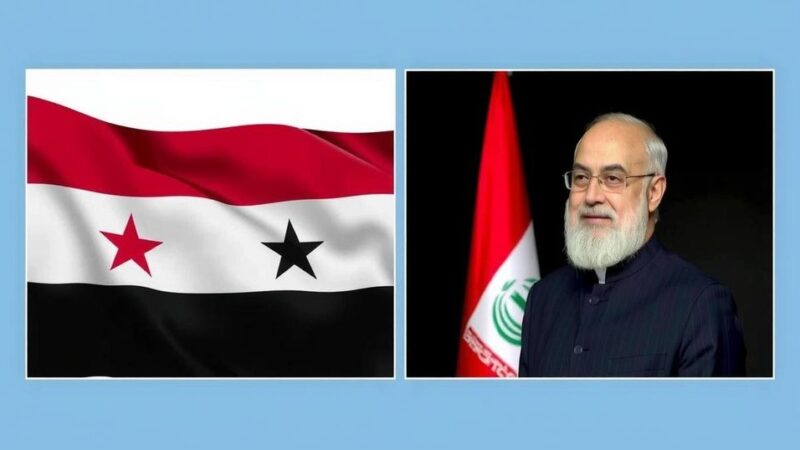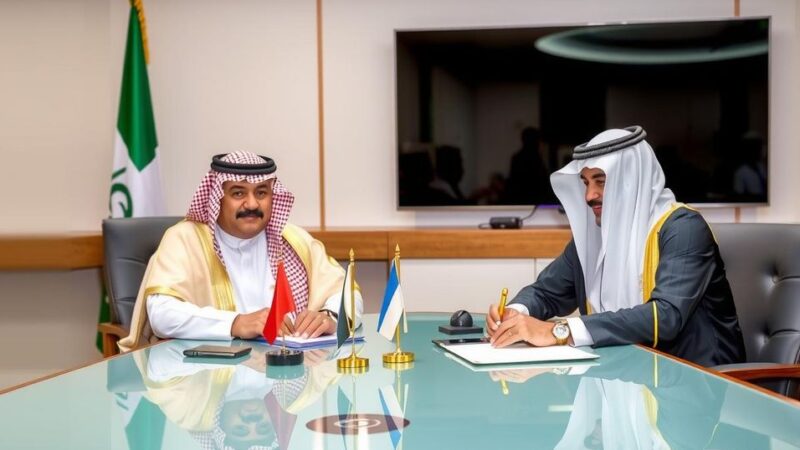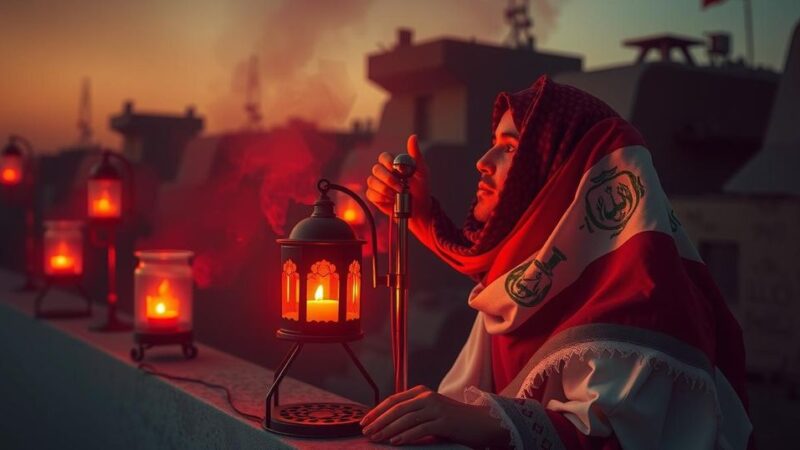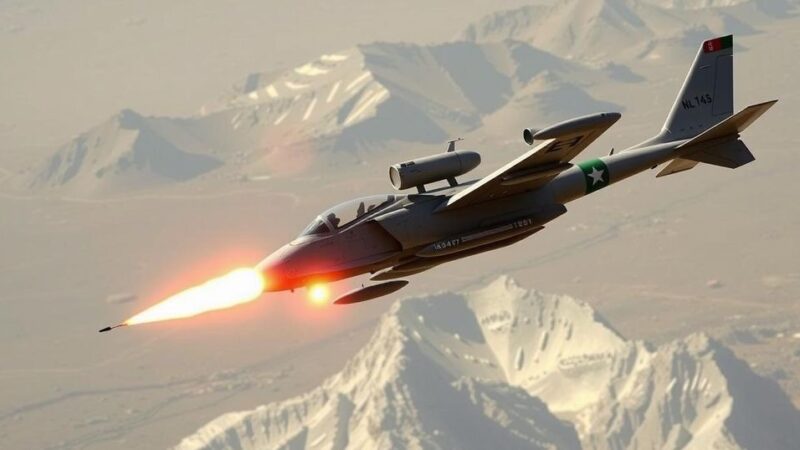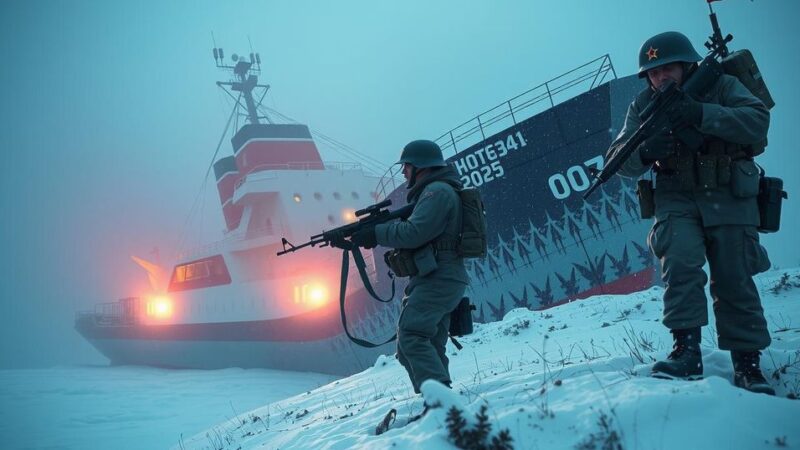Recent airstrikes by Israel in Beirut killed 22 and injured 117, targeting a Hezbollah leader who was not present. The strikes exacerbated tensions with UN peacekeepers and prompted international calls for a ceasefire. Meanwhile, U.S. officials advocate for strengthening the Lebanese military. Iranian General Esmail Qaani faces scrutiny for potential espionage amidst the conflict’s escalations.
In a recent escalation of the ongoing Iran-Israel conflict, Israeli airstrikes in Beirut on Thursday resulted in the deaths of 22 individuals and injuries to 117 others, as reported by the Associated Press. The strikes aimed at targeting Wafiq Safa, a senior Hezbollah leader; however, he was reportedly absent during the assault, which demolished entire buildings in the affected neighborhoods. Further compounding the tensions, Israeli military forces directed fire at a United Nations peacekeeping headquarters in Naqoura, injuring two peacekeepers who required hospitalization. This incident has added to the strain between Israeli forces and UNIFIL, the United Nations Interim Force in Lebanon, particularly following a ground invasion initiated by Israel on October 1, 2023. This military action has met with resistance from UN peacekeepers stationed at the Lebanese border. The international community has voiced significant concern over these developments, with leaders including those from the United States and France calling for an immediate cease-fire to avert an escalatory conflict involving Iran, Lebanon, and Israel. The Lebanese envoy to the United Nations echoed this sentiment, while the Israeli representative asserted that they would continue their operations until Hezbollah’s militant capabilities were dismantled. The ongoing bombardment has led to extensive casualties, with over 2,000 fatalities and widespread displacement reported in Lebanon since the start of the Israeli offensive. Recent reports from Lebanon’s crisis response unit indicate another 28 deaths and 113 injuries in just 24 hours. Additionally, Israeli airstrikes have persisted in Gaza, resulting in several more casualties. Within the scope of the conflict, U.S. officials have underscored the importance of rejuvenating the Lebanese army to restore stability. U.S. Deputy Ambassador Robert Wood stated that strengthening Lebanese state institutions is essential, emphasizing, “The solution to this crisis is not a weaker Lebanon. It is a strong and truly sovereign Lebanon, protected by a legitimate security force, embodied in the Lebanese Armed Forces.” Contradicting the calls for de-escalation, U.S. Vice President Kamala Harris advocated for a ceasefire amidst ongoing Israeli aggression, highlighting the urgent need to mitigate the mounting hostilities in the region. Furthermore, in a shocking development, Iranian military chief Brigadier Esmail Qaani is reportedly under investigation for potential espionage on behalf of Israeli forces, following the deaths of prominent Hezbollah leaders. Qaani remains unaccounted for and is suspected of being a mole for Israeli intelligence, as indicated by reports stemming from UK sources. The situation remains profoundly volatile, with continuous military actions and international pleas for restraint underscoring the complex dynamics at play in this fraught geopolitical landscape.
The Iran-Israel conflict has been a long-standing geopolitical struggle, characterized by a series of violent confrontations and diplomatic tensions. Recent escalations in the conflict have led to significant military actions in Lebanon and Gaza, contributing to substantial civilian casualties and widespread displacement. As Israel continues its operations against Hezbollah and Palestinian militant groups, the international community has expressed alarm over the escalating violence and the potential for a broader regional conflagration. The involvement of UN peacekeeping forces in Lebanon further complicates the situation, as these troops aim to maintain stability in the region amidst heightened military activity and national security concerns.
The latest developments in the Iran-Israel conflict highlight the precarious balance of power in the region, marked by increasing military engagements and humanitarian crises. The international community’s calls for a ceasefire and increased support for Lebanon’s military capabilities indicate a desire to stabilize the area and prevent further escalation. As investigations into espionage allegations unfold, the situation remains fluid, necessitating careful monitoring and diplomatic efforts to restore peace.
Original Source: www.hindustantimes.com


